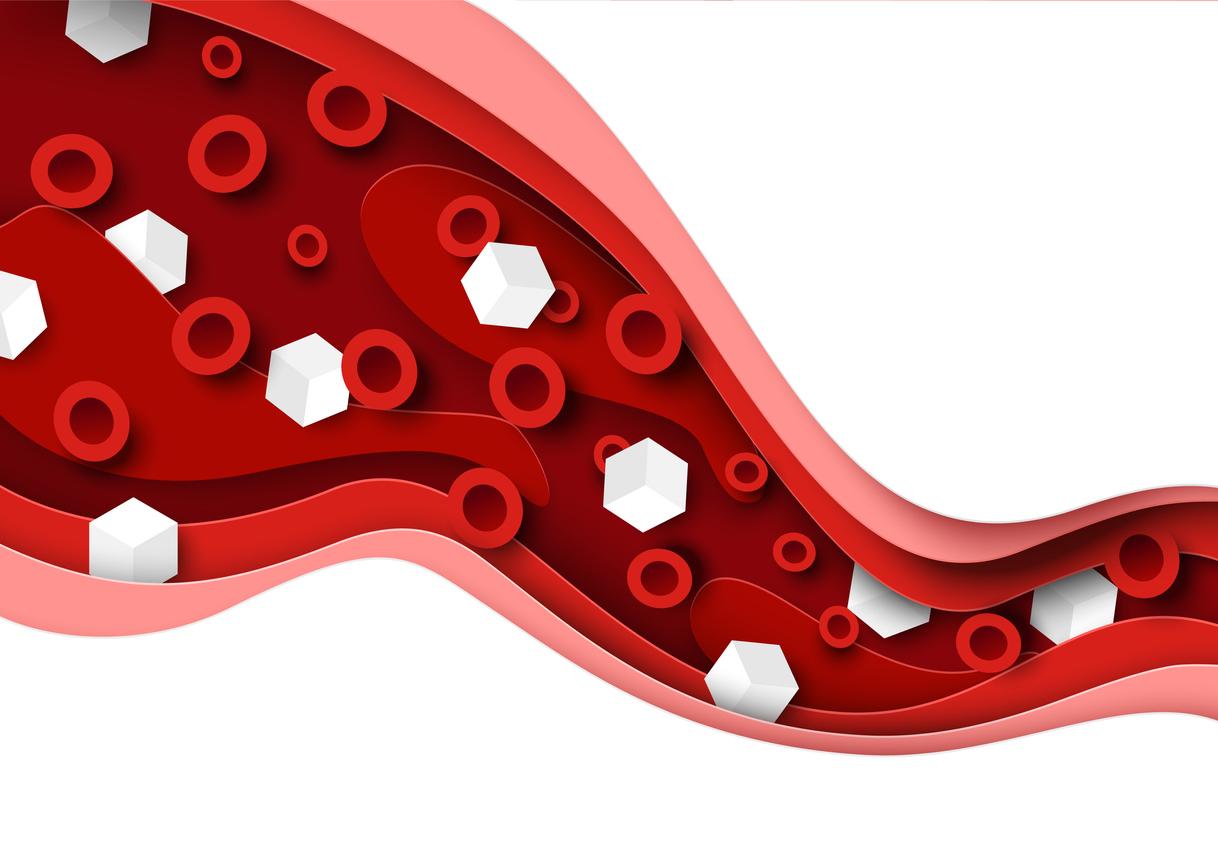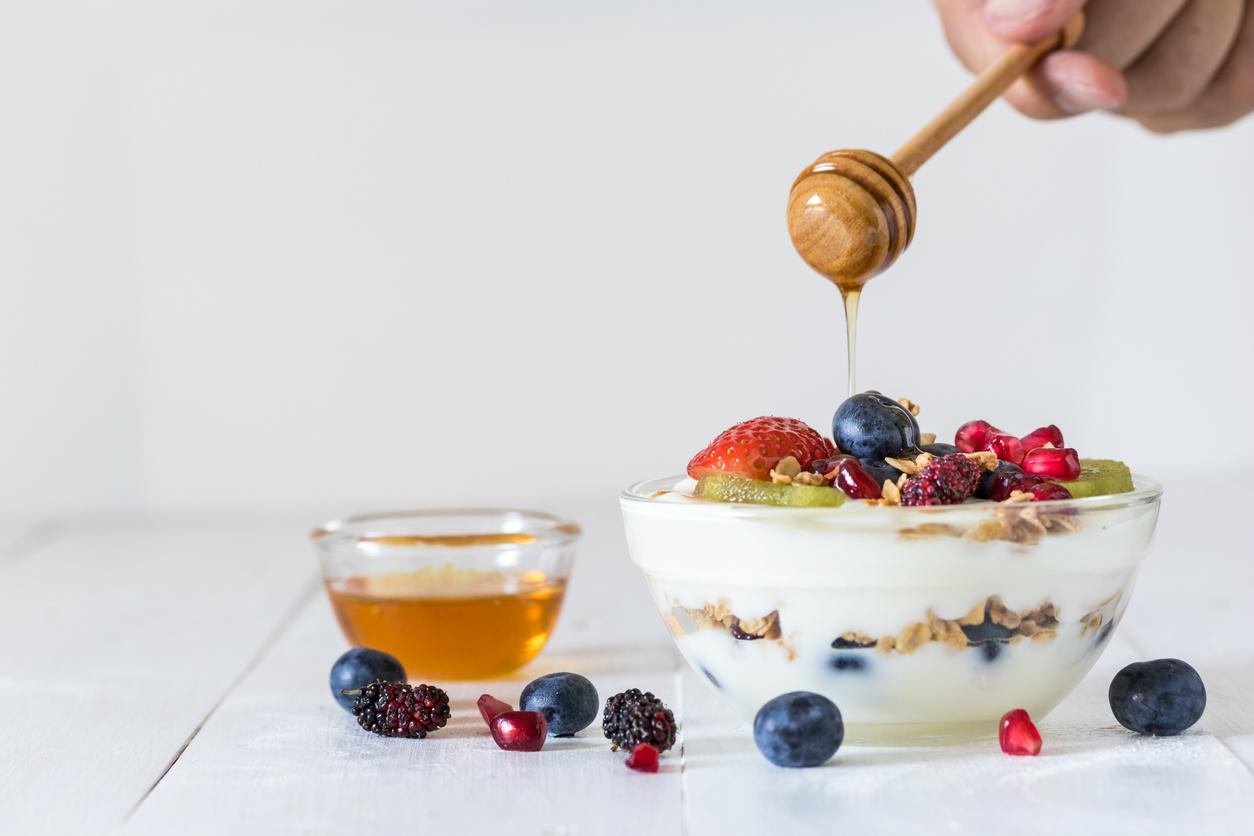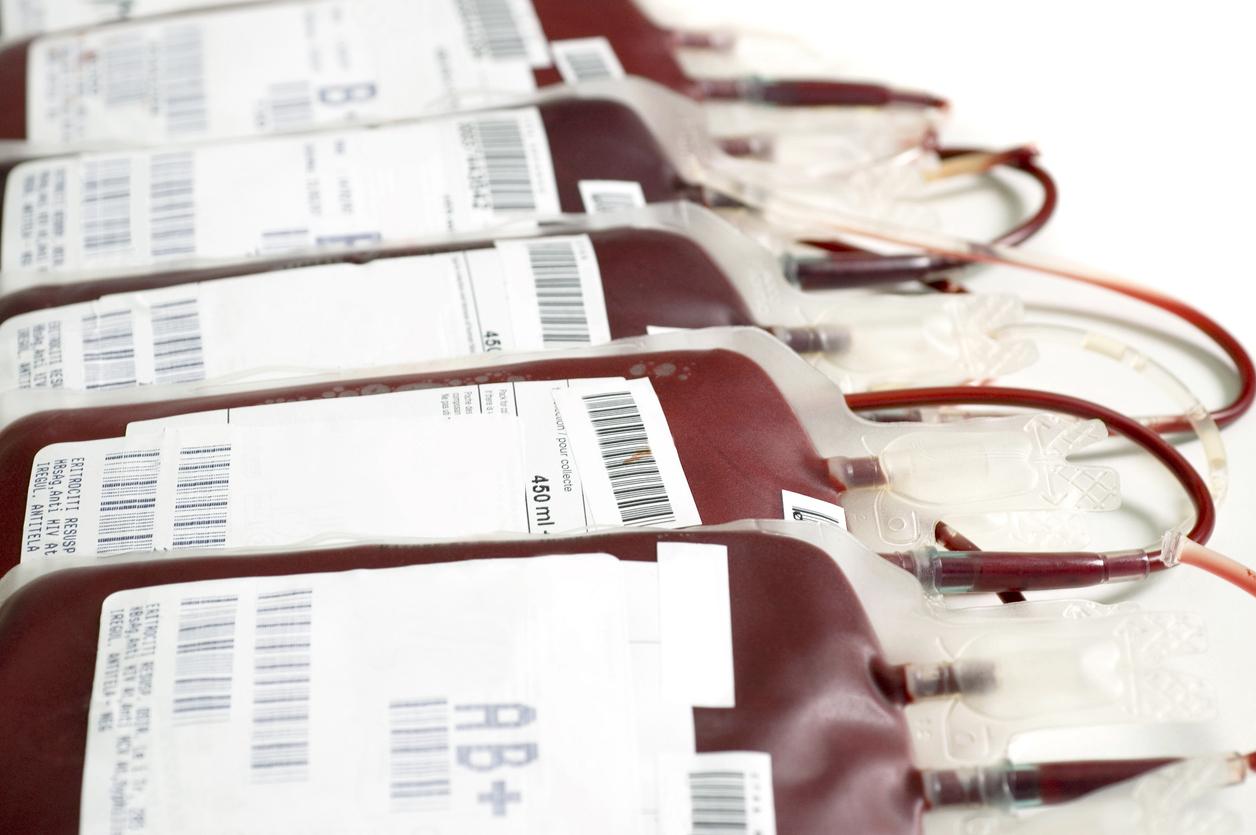Eating yogurt could limit high blood pressure in the elderly. Other hygiene and dietary measures can be put in place to act against this disease.

- The consumption of yoghurt in the elderly could limit their arterial hypertension.
- In addition to treatments, lifestyle and dietary measures can limit high blood pressure.
One in three people is affected by high blood pressure, but only half know it according to theNational Institute of Health and Medical Research (Inserm). It is the most frequent chronic pathology in France. It can be defined as abnormally high blood pressure in the blood vessels. It is usually measured during consultations with your general practitioner, using a tensiometer. Normal blood pressure is 120/80. The first number is the systolic pressure, it is equivalent to the maximum pressure, when the heart contracts to empty itself. 80 is the diastolic pressure, ie minimum when the heart relaxes to fill. We speak of high blood pressure when these figures exceed 140/90.
A silent yet dangerous disease
An individual can have high blood pressure and not experience any symptoms. The general practitioner systematically measures it so that it can be detected from the start because, if it is not taken care of, it can lead to cardiovascular, cerebrovascular, neurodegenerative complications or even diabetes. According to Inserm, high blood pressure is the leading cause of preventable stroke. In other words, if these people’s high blood pressure had been taken care of, they would certainly not have had a stroke. The treatments offered are medicinal, generally taken daily.
Consuming yogurt lowers blood pressure
According to a study published in the journal International Dairy Journal, eating yogurt could lower blood pressure in older people who suffer from high blood pressure. To reach this conclusion, the researchers analyzed data from 915 adults, with an average age of 62 years. About 62% of participants had defined high blood pressure, that is, greater than 140/90. For this majority, yogurt consumption lowered blood pressure. In contrast, this was not the case for those who had normal blood pressure. These results were also observable when the researchers removed other variables such as age, sex, diabetes, body mass index, cholesterol, blood sugar, exercise and other dietary variables.
Lifestyle and dietary measures to limit high blood pressure
So far, there is no cause that can explain the onset of high blood pressure. Nevertheless there are several risk factors such as aging (due to the loss of elasticity of the arteries), overweight, sedentary lifestyle, high consumption of salt, tobacco or alcohol. In some cases, high blood pressure can also have a genetic origin. Once diagnosed, people who are affected can, in addition to treatment, adhere to lifestyle and dietary measures to reduce their arterial hypertension. It is advisable to lose weight in case of overweight, to exercise regularly, to limit salt consumption to less than six grams per day, to limit alcohol, to stop smoking and to eat a balanced diet. All these measures can also be applied in prevention, both for high blood pressure and for health in general.

.














